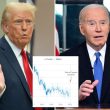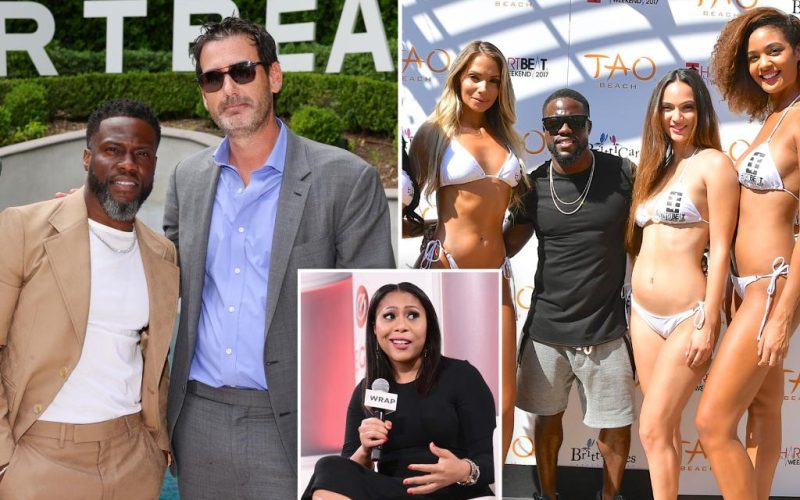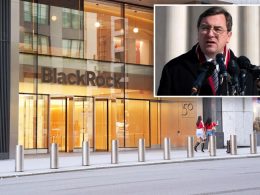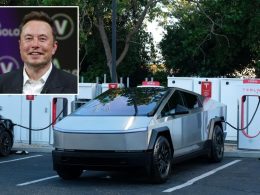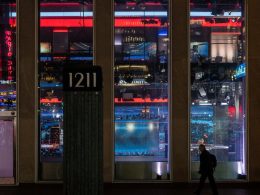Kevin Hart has had to step in to personally run the day-to-day affairs of his entertainment company after it cycled through two chief executive officers in the last two years while laying off nearly two dozen others, according to a report.
In the months leading up to Thanksgiving, the actor-comedian’s production company, Hartbeat, laid off nearly 20 employees, representing about one-quarter of its workforce.
Not long after, the company’s CEO, chief financial officer and chief content officer departed following a disagreement over the company’s strategic direction, according to Bloomberg News.
While the executives departed on amicable terms, their exits highlight the growing pressures facing independent production companies in an industry grappling with shrinking budgets and output.
Hart has since taken over as CEO, making him the company’s third leader in less than two years.
This move underscores the instability within Hartbeat as it navigates a challenging media landscape.
Like many independent production companies, Hartbeat has been hit by Hollywood’s current austerity measures, with major studios and networks cutting back on projects.
Despite these headwinds, Hartbeat remains profitable, positioning it better than many of its peers in a struggling market.
Hartbeat is not just another small production house. It is part of a select group of celebrity-owned companies that emerged during the streaming boom, leveraging their founders’ star power to secure massive valuations.
In 2022, Hartbeat raised $100 million from Abry Partners at a valuation of $650 million, following a trend set by Reese Witherspoon’s Hello Sunshine and LeBron James’ SpringHill.
However, these companies occupy a difficult middle ground: too large to sustain themselves solely on producer fees but too small to command significant ownership of their content.
During the streaming boom, this model flourished as studios and platforms clamored for content.
But the current downturn has exposed the vulnerabilities of such companies.
While Hartbeat’s profitability sets it apart, the company still faces the challenge of justifying its high valuation amidst reduced industry spending and tougher market conditions.
Hart has long been a prolific actor, comedian and entrepreneur. His ambitions extended beyond producing film and TV projects; he wanted to create a diversified media empire.
Over the years, he launched Laugh Out Loud, a digital comedy platform, and expanded into advertising with major clients like Lyft and Procter & Gamble.
In 2022, Hart consolidated his various ventures under the Hartbeat banner, securing funding from Abry and appointing Thai Randolph as CEO.
Randolph’s leadership saw efforts to diversify Hartbeat’s business lines, but the company’s growth coincided with the onset of Hollywood’s economic slowdown.
By late 2023, Hart had parted ways with Randolph and reduced staffing in the advertising division.
Early in 2024, Jay Levine, a former Warner Bros. executive, stepped in to stabilize the company.
Levine’s tenure focused on renegotiating deals and strengthening Hartbeat’s financial footing.
However, Levine and other top executives recently announced their departures, leaving Hart at a crossroads.
With much of Hartbeat’s core team still intact, Hart must now decide the company’s future.
He could pursue a merger, downsize operations or find new avenues for growth.
The Post has sought comment from Hart and Hartbeat.

